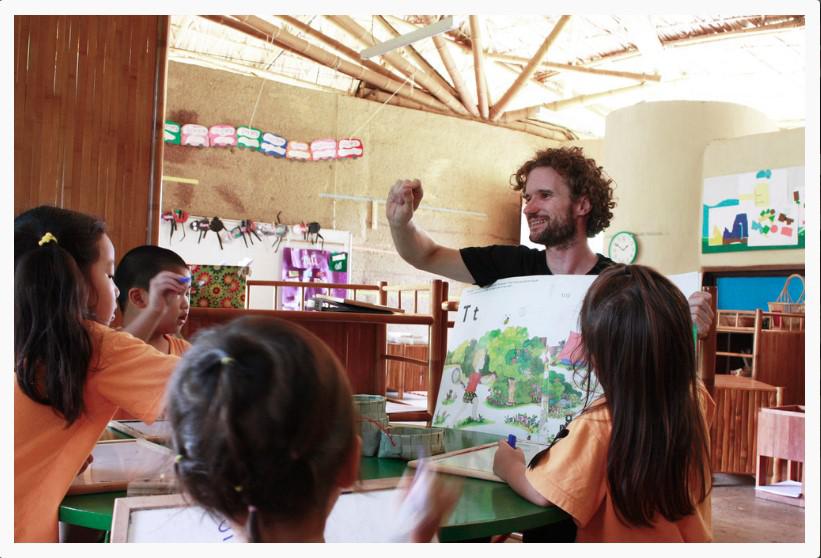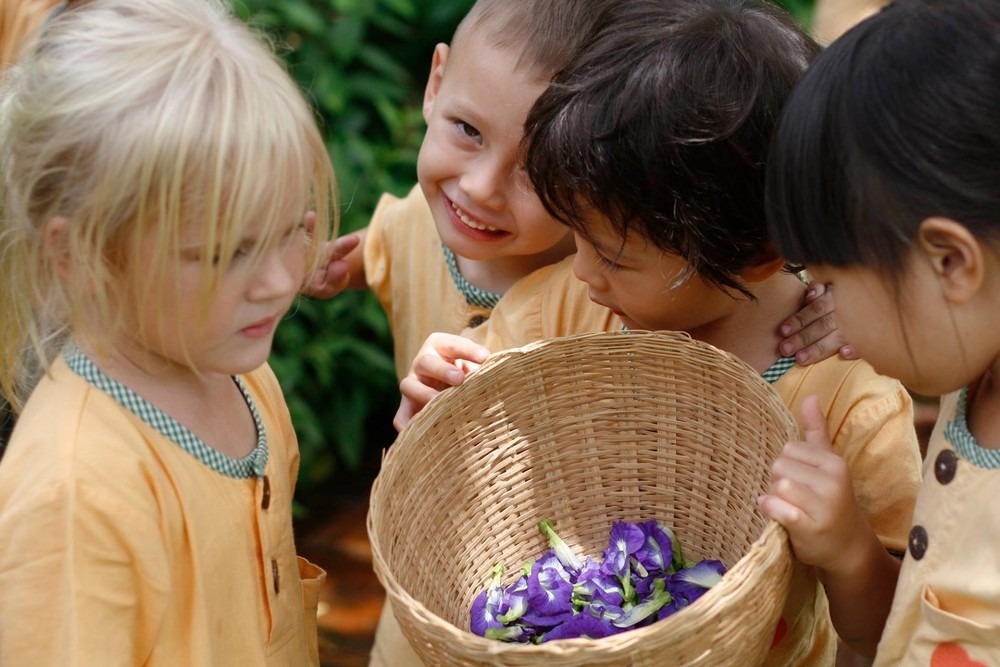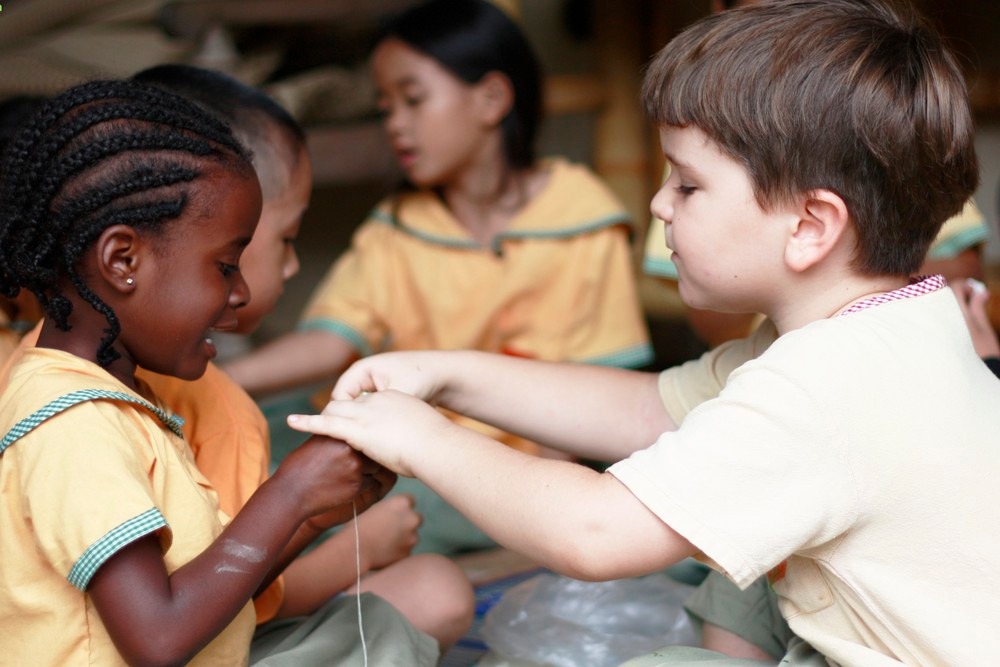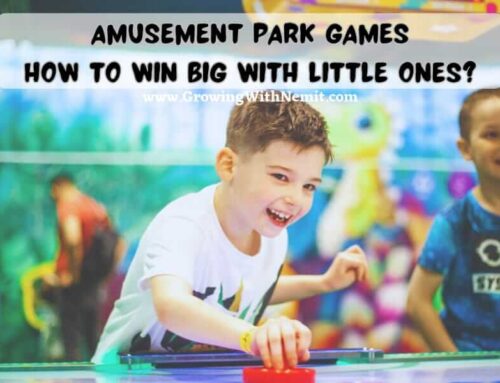Play-Based Learning and Child’s Development
Hello, my dear friends, hope you liked my previous post about top things to do in Chiang Mai, Thailand. Today, I am going to share the importance of play-based learning in a child’s development. As you all know that Nemit started his preschool in March this year. He is a smart 2.4-year-old boy and just like all other kids of his age he loves to play. I have always encouraged play-based learning for Nemit since it’s the best way for young kids, and there’s no doubt about it.
The power of play should never be underestimated when it comes to children’s learning. In fact, a play is the most fundamental in their physical as well as intellectual development. It builds a range of skills that enable young minds to take risks, create, solve problems, imagine possibilities, negotiate, and much more.
Schools which foster a play-based learning curriculum will help the student’s overall development whilst building social skills and furthering knowledge. While searching online for schools which are best known for their play-based methods of teaching, my eyes caught sight of Panyaden International School, which is a highly regarded international school in Chiang Mai. You should definitely have a look at their website. I so wish I could find a similar school near us as that’s the kind of education and environment I was looking for Nemit.

Source – Panyaden Website
Nemit’s summer vacations have started from today and I plan to follow a similar approach of play-based learning at home as well. This is to make sure that he enjoys his time at home and also learn some practical life skills. So, let’s see how play-based learning helps in a child’s development.
Why is play-based learning so important?
Play-based learning gives teachers a chance to teach new concepts and emphasize old ones. They can gage and make the most of a child’s developing strengths and passions. This way, kids have the opportunity to learn important stuff in a way that engages them and keeps the level of fun up. This also keeps them motivated and inspired to continue learning; a crucial element to them succeeding throughout school life.
How does play-based learning work in a child’s development?
Instead of the traditional whiteboard methods, the child is encouraged to learn key elements of mathematics and literacy through playing and exploration. This might be through playing out in the garden, for example.

Source – Panyaden Website
The tutor may ask the children as per their interest which activity they want to do outdoors. It could be anything from running around to collect stones or dry leaves and then writing about them. Or, it could be helping each other in a group activity to pull out the weeds. And if the child is more interested in dinosaurs, they may be asked to write and talk about the resemblances and variations between different breeds.
It encourages kids to be active learners
Children learn best when they are actively involved and feel as though they are a part of the process. Unlike the conventional method of being taught to, play-based activities make learning more visible.
Kids learn through exploring, experiencing, listening and much more. Then, the teacher heightens their experience through things such as:
> Asking the right questions to encourage problem solving.
> Preparing materials to help kids build and create.
> Observing children’s progress and seeing what is not working through recording the process.
It inspires kids to be their unique selves
Individuality is always fostered in the play-based learning environment. This is because it encourages children to bring their own paradigms and understandings to the table to undertake the task.

Source – Panyaden Website
It has been shown to aid brain development
If done when the child is young, the play aspect of learning has been proven to change the way the brain is structured. It increases the flexibility of the mind and its ability to be used in a wider context for the future. As a result, allowing kids to play and learn simultaneously encourages neutral pathways to be strengthened that may not have been before.
You may also want to read – Best ways to boost your child’s brain development from an early age!
As you can see, there are several advantages of play-based learning that can benefit your children. As I shared earlier that I am planning to implement the play-based approach during these summer vacations for Nemit. And if you wish to follow our daily activities or share your own ideas, you can keep a tab on our Instagram and Facebook pages.
If you liked the post, don’t forget to hit the share button. And if you have any questions or feedback for us, do leave a comment below. Take care.






My daughter was in Montessori right from the beginning. It really helped in carving her personality. Play-way does the same. Playing along with learning doesn’t burden children and makes learning fun. Great post, Neha.
Cheers,
Surbhi
I truly believe this way of learning for kids. I have seen a lot of positive changes since my daughter has started going to Montessori.
That’s a informative and helpful post for all the parents for their kids. Will share with my friends
Most schools still follow the age old education system. I think this is really a cool way to teach our kids.
Play based learning assists concentration social development along with learning. This makes it fun experience for the kids.
Play based learning really works well for child’s mental development. Even preschools are following the same process now. I am so happy that my kid is learning through this process.
I completely believe in it. Play based learning or just learning by self exploring is the best way to learn
Really enjoyed this information and I definitely believe in it. We can’t hold back children from awesome learning opportunities.
Play based learning is SO important and unfortunately, missing from many school’s curriculum these days. Great tips.
I completely agree with play based learning for this age group! I made sure to choose a preschool coop for my son that is almost entirely play based!
I agree that play based learning is the way to go. When I think about all the boring days I had in traditional school and how little I remember of years spent in school, I think more and more about letting my child dictate his interest and learning style. Thanks for sharing!
As a recreational therapist, I love the value of play in development as well as rehabilitation. The is so much power in play! Great article! I agree that play helps children build their own unique identities. I like your idea of the brain being strengthened by play too.
100% agree with the play-based school in Chiang Mai. And the play-based method. Activity-based events work well for older kids too.The research you mentioned about the neutral pathways adds so much value to this article.
I have been an ardent supporter of this concept and it really does works well! Great post.